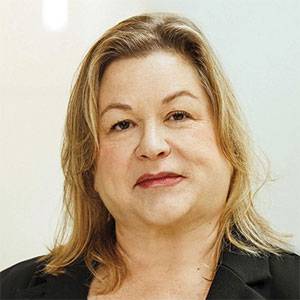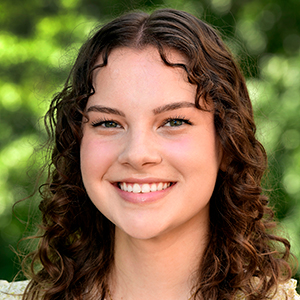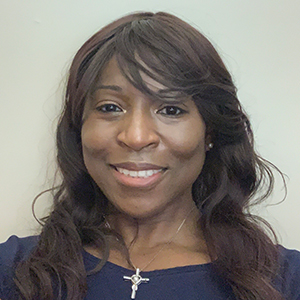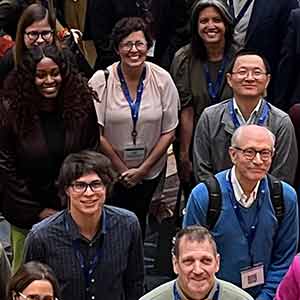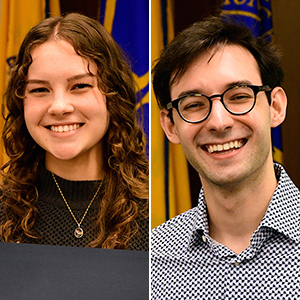NIEHS welcomed 27 teachers from nine counties to its first in-person science literacy workshop since 2019. Hosted by the Office of Science Education and Diversity (OSED) and the North Carolina Association for Biomedical Research (NCABR), the March 19 program aimed to help educators navigate the state’s updated biology curriculum.
Over the course of the day-long workshop, attendees participated in a variety of lectures, lessons, and co-working sessions focused on the theme “From Mendelian Inheritance to Polygenic Traits.” Lectures about polygenic inheritance, which is when an inherited trait such as height or eye color is influenced by two or more genes, and hands-on activities helped demonstrate the effects of multi-gene interactions. In contrast, Mendelian inheritance is the passing of dominant and recessive traits from parents to offspring.
“There has always been a gap between what researchers have found and what is being taught in the classroom,” said OSED K-12 Science Education Program Manager Huei-Chen Lee, Ph.D. “That’s why we decided to hold this seminar. We always try to find a topic that’s current and relevant but that teachers may not have encountered before in their own professional training.”
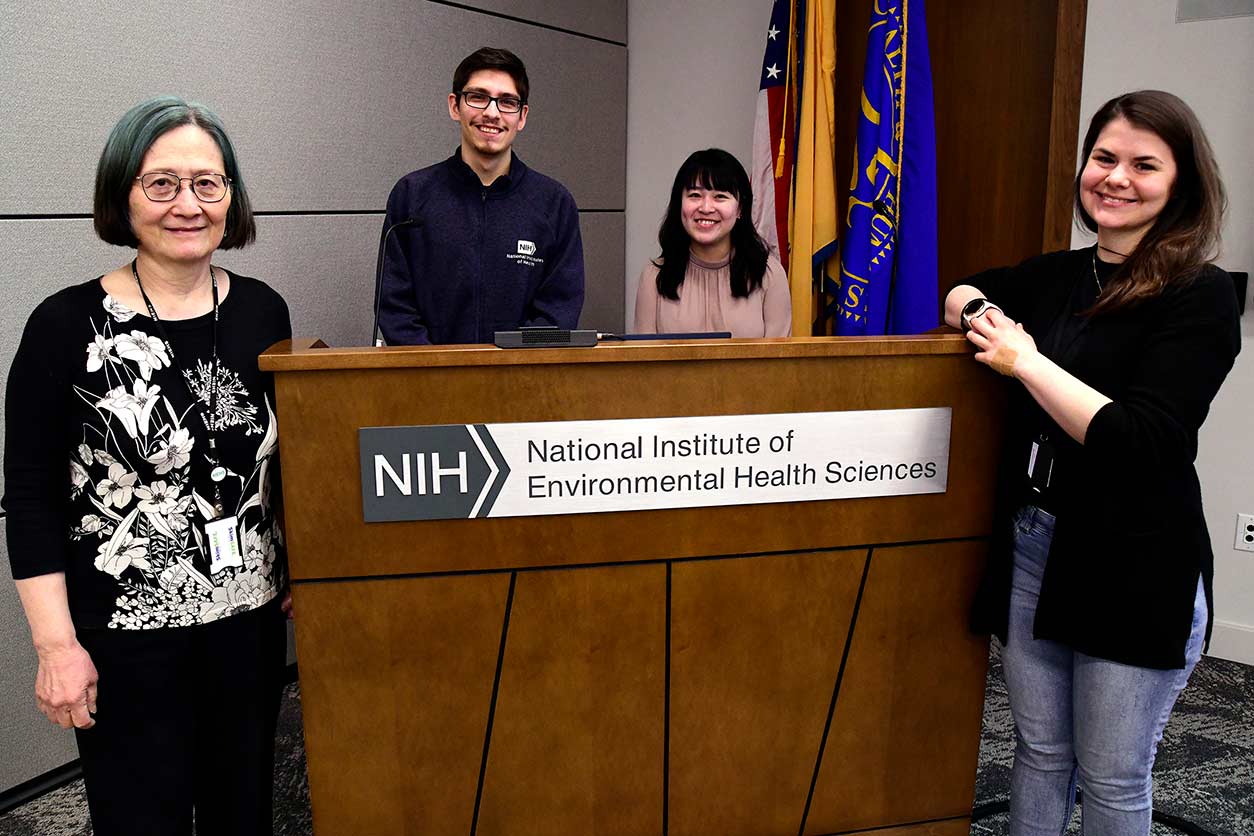
Teaching polygenic traits and beyond
In 2023, the North Carolina Department of Public Instruction revised its biology standards to include not only Mendelian genetics but also polygenic traits. However, the resources to train teachers vary from district to district and even school to school, and teachers don’t always receive appropriate training to teach the new standards.
To address this issue, the workshop provided free training materials and model lesson plans that attendees could use to teach polygenic inheritance in the classroom. Though most participants were familiar with the basic science behind multi-gene interactions, many were formally educated in older forms of Mendelian genetics and had spent their careers teaching this topic.
“When I first learned genetics, it was all Mendelian and we were taught that eye color was a product of a single gene, but today we know that it’s polygenic,” said Mary Heine, a middle school teacher at Chapel Hill-Carrboro City Schools. “This workshop ensures that we can keep it relevant and up to date for the students while also providing valuable knowledge to them as citizens.”
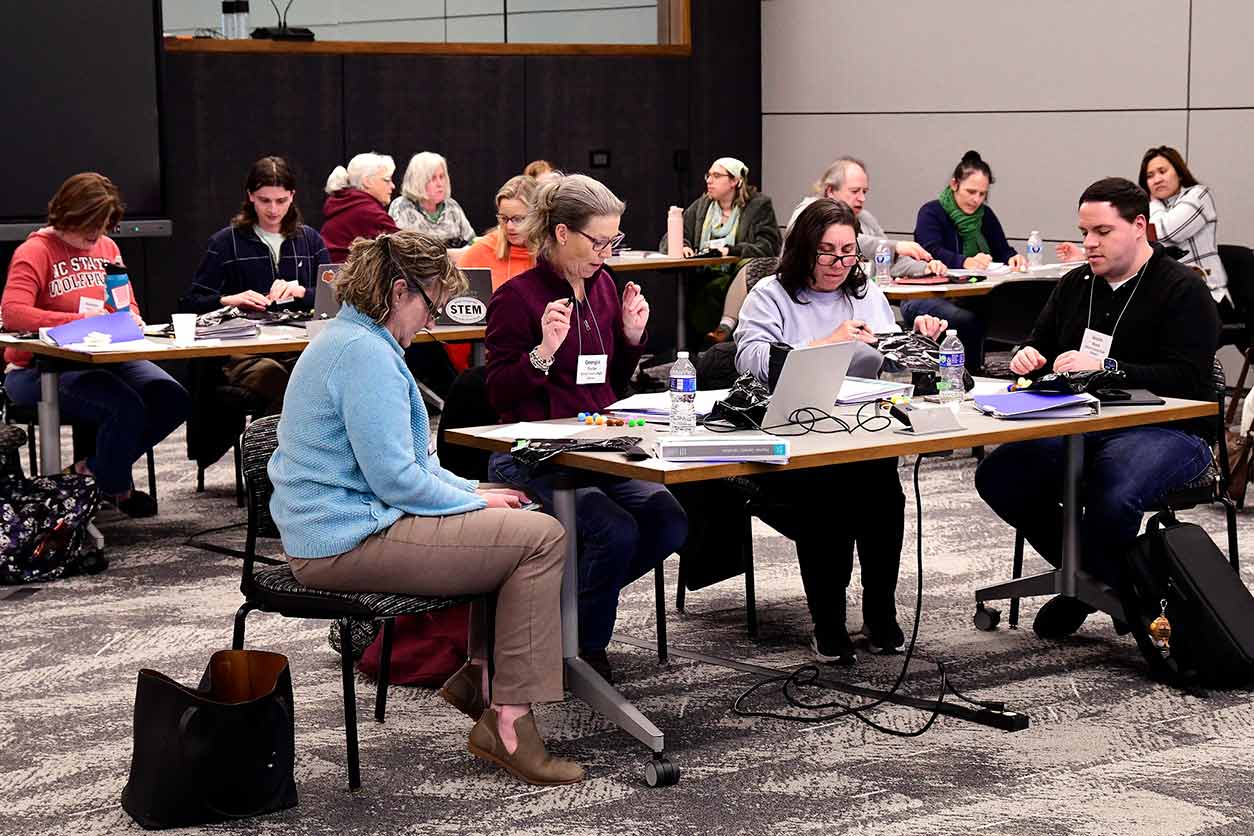
Besides practical training, the program also offered teachers the chance to learn more about NIEHS — including career opportunities and training open to students — and to network with educators across North Carolina. This allowed participants to share ideas with one another and to develop a community of mutual support in response to changing science standards.
“This was a wonderful way to see the research that NIEHS is actually conducting — especially the CRISPR technology and gene editing — as well as to learn about polygenic traits,” said Georgia Taylor, D.V.M., a high school teacher at Davie County Schools. “But it was also great to meet colleagues all over the state, hear what they do, and take back ideas for things to do with our students.”
Partnerships for science education
In hosting this program, OSED continued a long-running teacher education partnership with NCABR. This relationship includes not only science literacy workshops, but also their annual “Bridging the Gap” conference and the STaRS program, which brings outstanding North Carolina educators to NIEHS for a two-week workshop on integrating environmental science into their curriculum.
“Our mission is to provide support for, and promote understanding of, bioscience research, and to do that we hold these education programs that teach the teacher,” said Virginia Crisp, director of programs at NCABR. “Bringing them to NIEHS in person means they can see the facilities and then go back to class and tell their students all about the fantastic science being conducted here.”
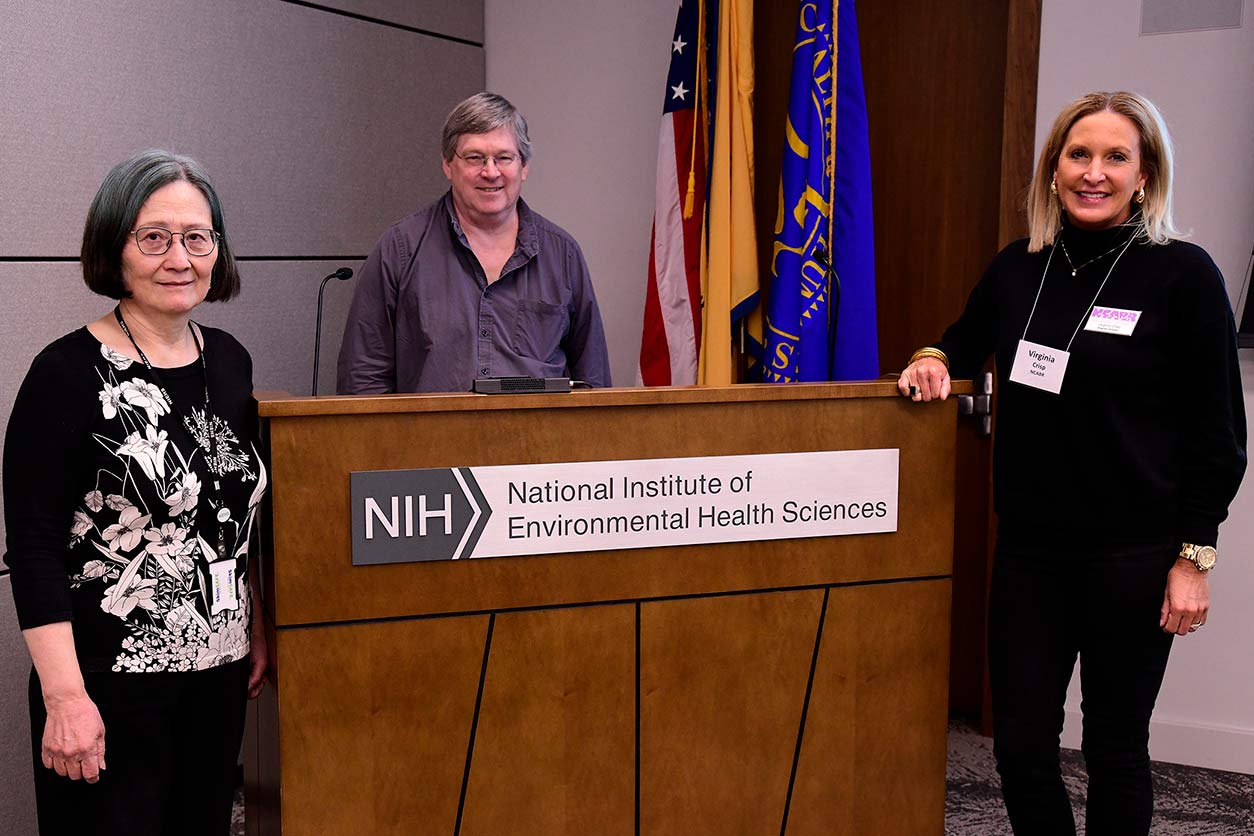
(Ben Richardson, Ph.D., is a Presidential Management Fellow in the NIEHS Office of Communications and Public Liaison.)





